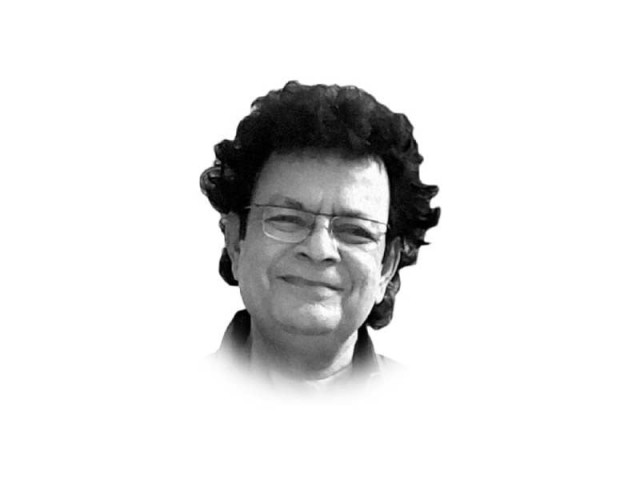Waiting is like killing life
These interactions force Vladimir and Estragon to question the nature, purpose and futility of their existence

Canadian author Heidi Priebe says: “If there’s one thing we all need to stop doing, it’s waiting around for someone else to show up and change our lives. Just be the person you’ve been waiting for. Live your life as if you are the love of it. Because that’s the only thing you know for sure- that through every triumph, every failure, every fear and every gain that you will ever experience until the day you die, you are going to be present. You are going to be the person who shows up to accept your rewards. You are going to be the person who holds your own hand when you’re broken. You are going to be the person who gets yourself up off the floor every time you get knocked down and if those things are not love-of-your-life qualities, I don’t know what are.”
Waiting for Godot is a play by Samuel Beckett that revolves around two main characters, Vladimir and Estragon, who are waiting for a mysterious character, Godot. Set in a desolate landscape, the play explores themes of existentialism, absurdity, repetitiveness and the human condition. The play begins with Vladimir and Estragon waiting on a country road for Godot to arrive. As they wait, they engage in various conversations and activities. They discuss their lives, share memories and encounter other characters and events, including the arrogant Pozzo and his submissive servant, Lucky. These interactions force Vladimir and Estragon to question the nature, purpose, monotony and futility of their existence. As time passes, Vladimir and Estragon struggle with a lack of meaning in their lives, questioning the purpose of their wait and contemplating suicide. However, they also find moments of hope and connection that provide them with temporary respite from their despair. Godot, the central figure of their waiting, never actually appears in the play, leaving the characters and audience uncertain about his existence. However, Vladimir and Estragon remain loyal to their promise to wait for him, mirroring the human tendency to cling to hope and meaning amidst adversity. Throughout the play, the characters express a sense of hopelessness and despair, as they are stuck in a never-ending cycle of waiting for someone who never arrives.
The play also explores the concept of time. In the final moments of the play, a boy arrives and tells Vladimir and Estragon that Godot will not be coming today, but will surely come tomorrow. Despite this news, the play ends with the characters still waiting, leaving the audience with a sense of ambiguity and uncertainty and questioning the purpose and moral of the play itself.
Reflecting on the play, we can ask ourselves: are we all anything other than the characters of Waiting for Godot who have been waiting for prosperity, freedom and rights for the last 76 years? On account of this, we are compelled to live filthy, ambiguous lives, but we continue to wait, nonetheless. Despite knowing that these luxuries will never become part of our lives till the time we keep waiting for them in our beloved homeland, we continue causing self-infliction by waiting for light at the end of the tunnel. This is because prosperity, freedom and rights are a possession by a few thousand mighty powers.
Life seems unimaginably intricate and volatile for us to grasp its unity and significance. It continues to slip off the more we try to tighten our fist over it. We have ceased to be citizens and become only individuals; we have no purpose that looks beyond our death — a purpose that perpetuates our existence. We are fragments of men and nothing more. Everyone knows their part, but is ignorant of its meaning in the play. Life itself grows meaningless and becomes empty just as it is about to become full. Let us put aside our fear of inevitable error and survey all the problems of our current existential purpose and meaning by trying to see each part and parcel of the entire puzzle. We do not know, and have not thought, where we are going, or whether we shall find any happiness for our harrowed souls.
Published in The Express Tribune, April 10th, 2024.
Like Opinion & Editorial on Facebook, follow @ETOpEd on Twitter to receive all updates on all our daily pieces.















COMMENTS
Comments are moderated and generally will be posted if they are on-topic and not abusive.
For more information, please see our Comments FAQ